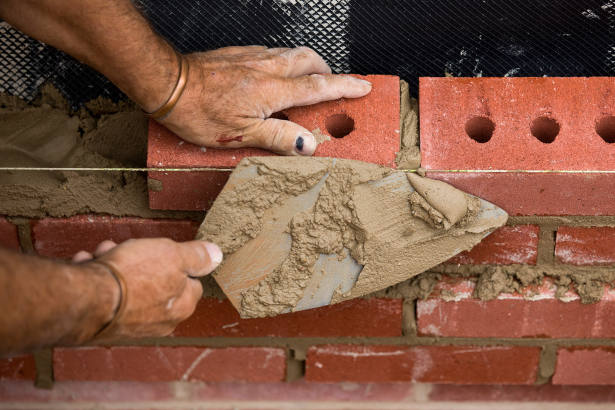Self-employed individuals who run a business within a limited company structure may also wish to consider the recently announced Bounce Back Loan scheme (BBLS).
Under the new scheme, the government guarantees 100 per cent of the amount extended by lenders, between £2,000 and £50,000. The BBLS does not have to be repaid for 12 months.
However, if you have already applied for a loan under the previous “CBILS” lending scheme, you will not be able to apply for the new scheme.
“Advisers should look at their cashflow forecast before accessing additional debt, taking into account the term of the loan, and the repayments due when interest is applied,” says Mr Dewedi.
“What some individuals have done is use the funds to settle existing business loans and benefit from the lower repayments while interest isn’t being applied.”
Larger loans of up to £250,000 are also available under the Coronavirus Business Interruption Loan Scheme (CBILS), which was launched in the initial round of business support packages.
Liquidity through this scheme can be in the form of bank overdrafts or through invoice financing for a period of up to three years.
Pat Lewis, tax department manager at Intellect Business Services, says advisers need to act quickly to assess their cashflow needs, including the potential for any delays to the arrival of government funding.
Ms Lewis explains: “It is essential that the self-employed act quickly to obtain payment holidays on mortgages, credit cards and finance deals.
“It is also worth considering eligibility to Universal Credit and Council Tax relief as these may help in the short-term.”
Tax deferrals
One quick win that is available to all self-employed advisers is deferring payments on VAT and personal income tax.
Under the government plans announced in March, advisers are able to defer quarterly and monthly VAT payments for the periods ending in February, March and April 2020.
Under the scheme, deferrals must be paid no later than 31 March 2021. There is no requirement to tell HMRC that your VAT payment will be deferred.
Similarly, individuals who were due to make a payment by 31 July 2020 for their income tax will now have until 31 January 2021 to make this payment.
HMRC has confirmed that individuals will not need to contact them to advise them of a deferral, as long as their account is up to date by January.
Joe McGrath is a freelance journalist







